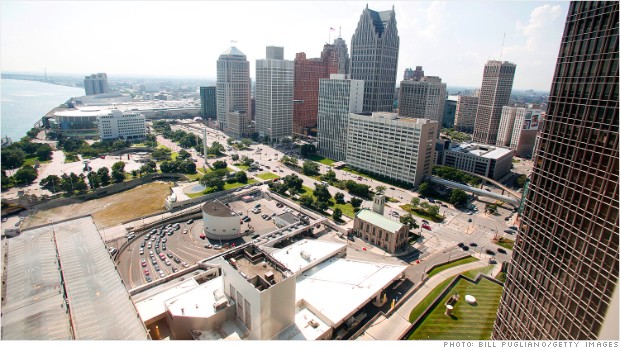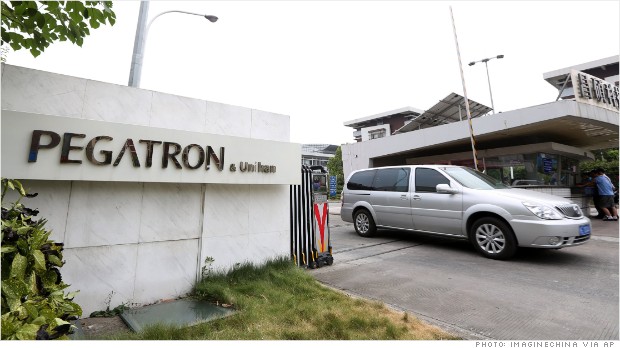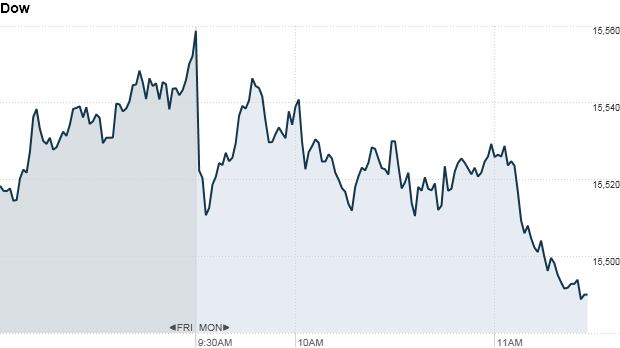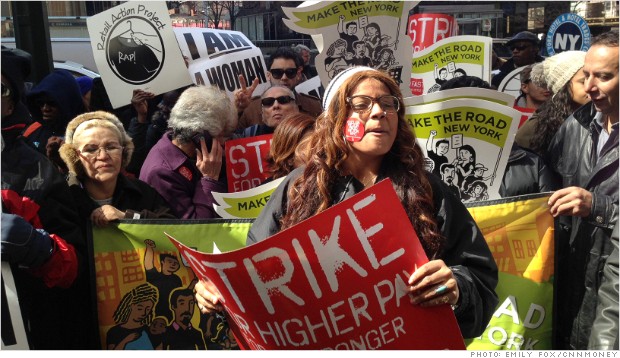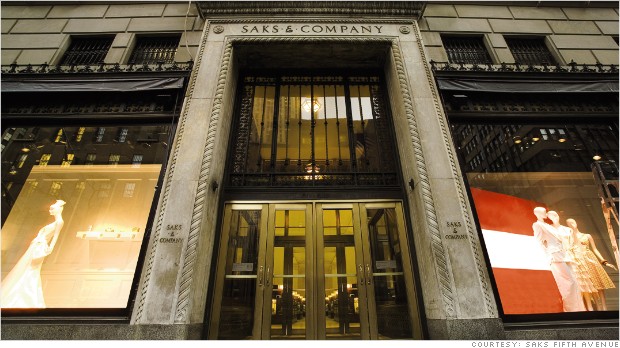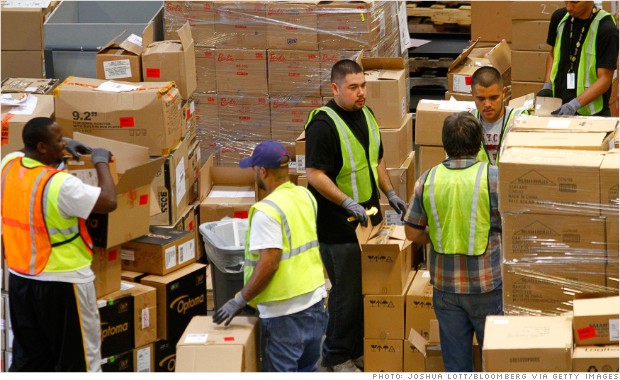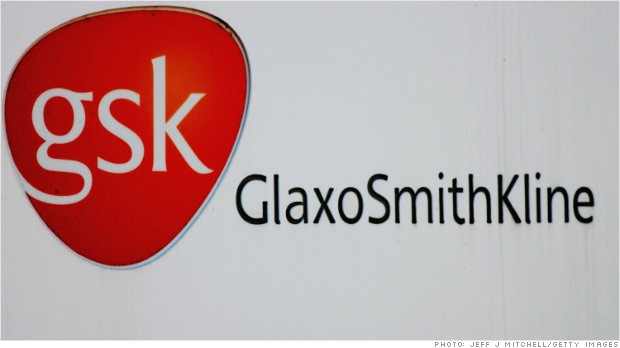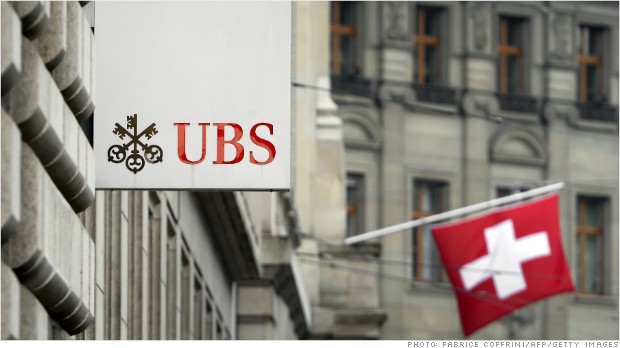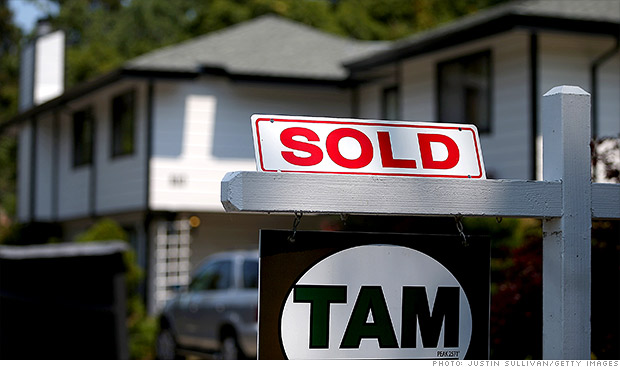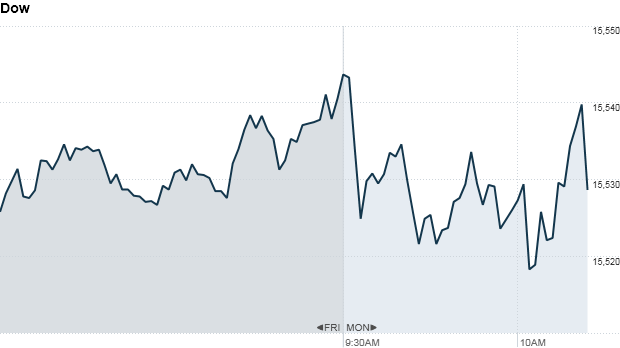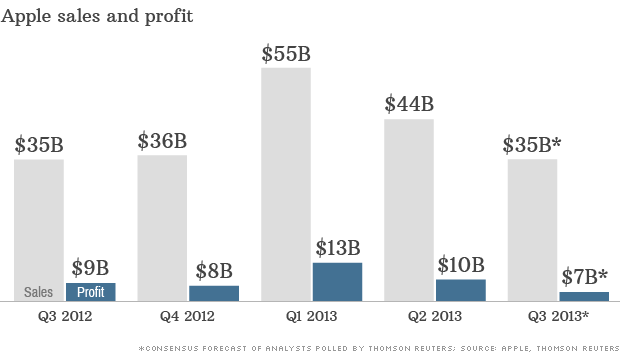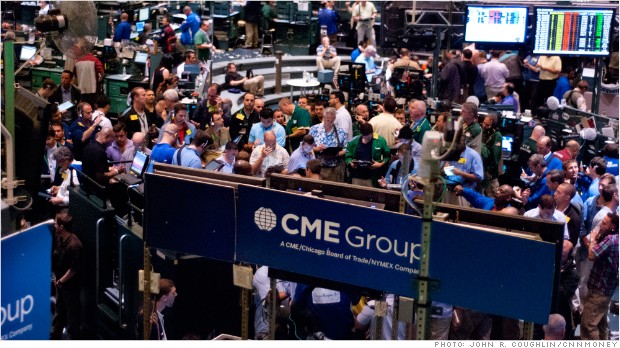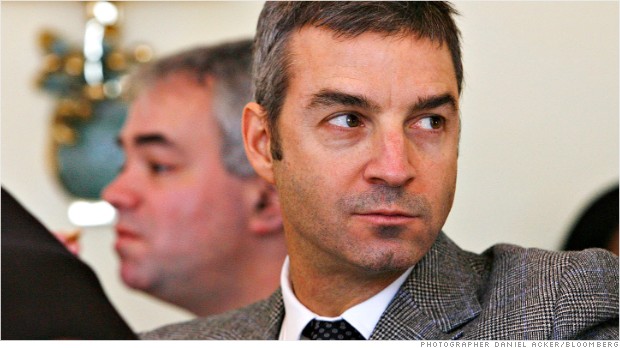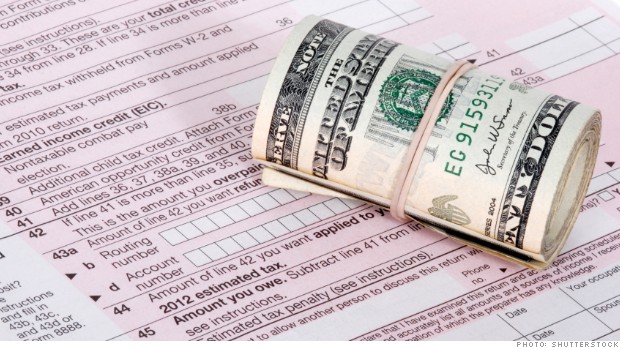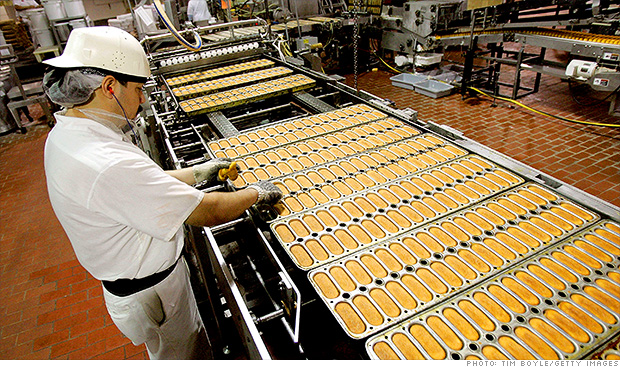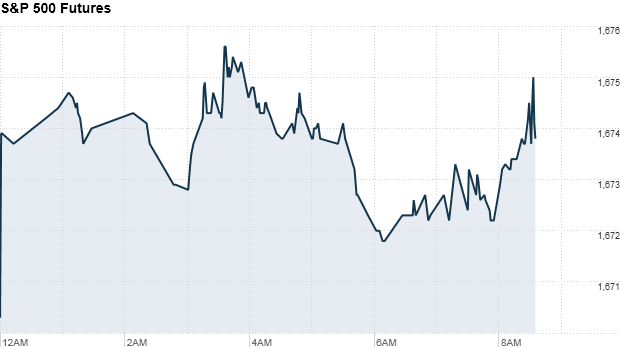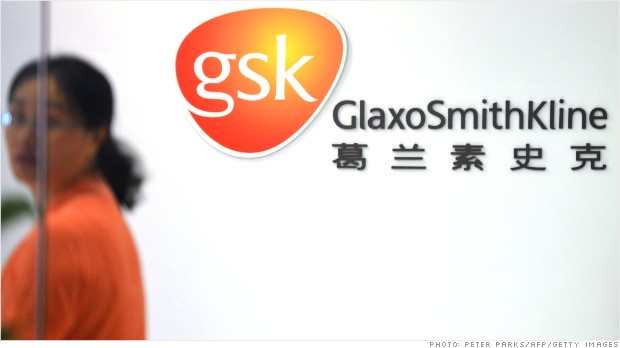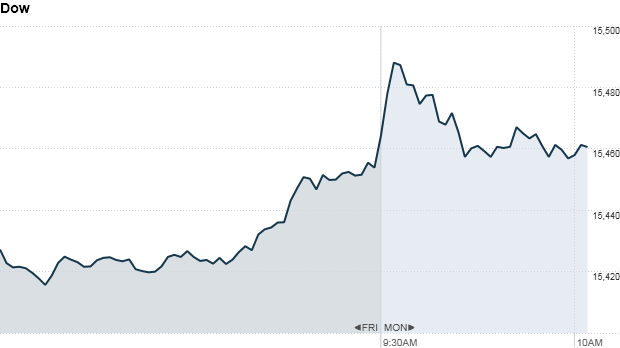NEW YORK (CNNMoney)
According to a survey from American Express OPEN, just 49% of entrepreneurs planned to take vacations this summer, down from 54% last summer and 67% in 2006.
But it doesn't have to be that hard. Josh Golden, founder and CEO of Table XI Partners, found the secret to going off the grid: Delegation.
"Delegating takes practice," says Golden. "But every time I delegate something new to someone else in the firm, I wish I had done it sooner."
Letting go of the day-to-day details -- and trusting that employees can handle whatever pops up -- is one of those things business owners know they ought to do, but find incredibly difficult in practice.
Golden launched his Chicago web-development firm in 2002 with just a part-time assistant. Like many entrepreneurs, at first he did everything from strategic planning to emptying the wastebaskets -- but he quickly learned that wouldn't work for long.
"As you grow, you just can't do everything anymore," said Golden, whose firm now has more than 30 employees.
Related: 10 hardest working countries
The first step is analyzing your own strengths and weaknesses.
"It takes some honest introspection to identify the one or two things you truly are the best at," Golden said. "The goal is to spend 90% of your time on those things, while you hand over to others the tasks where you aren't really adding value."
Learning to delegate also means shushing your inner perfectionist.
"It took me a while to come to terms with the fact that other people can do perfectly acceptable work without being as passionate about the business as I am," Golden said. "And there are plenty of tasks in any company where 'good enough' really is just fine."
Related: How startups can get cheap office space
Carving out time for a vacation also means more than just delegating while you're gone -- you've also got to make it part of your business plan. Golden, whose strongest skill is marketing, was still running Table XI's accounting and finance until last fall, when he finally handed over the number-crunching to a newly-hired finance director.
To get her up to speed, he used a collaborative method, common in software development, called pairing. "It's like an apprenticeship. You train someone over time, sharing knowledge until that person is independent in that role," he said. "The main thing is to resist the impulse to helicopter in and do everything yourself."
Golden's work paid off. In June, he and his wife spent nine days in Waikiki, Kauai and Honolulu. Was he worried about the company? Not quite. "I could have stayed away for another week or even two," he said. ![]()
First Published: July 29, 2013: 6:32 AM ET
